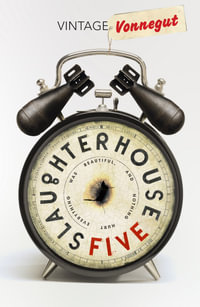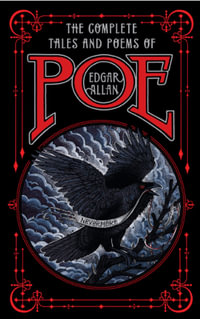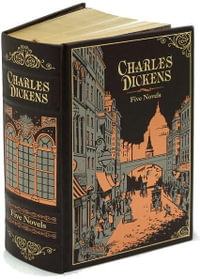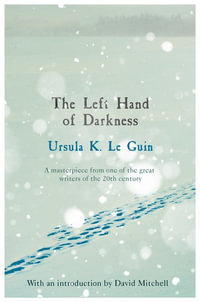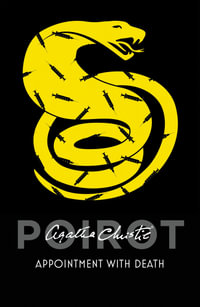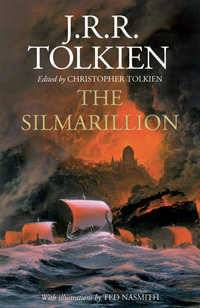Adventuress and opportunist, Ethelberta reinvents herself to disguise her humble origins, launching a brilliant career as a society poet in London with her family acting incognito as her servants. Turning the male-dominated literary world to her advantage, she happily exploits the attentions of four very different suitors. Will she bestow her hand upon the richest of them, or on the man she loves? Ethelberta Petherwin, alias Berta Chickerel, moves with easy grace between her multiple identities, cleverly managing a tissue of lies to aid her meteoric rise. In The Hand of Ethelberta (1876), Hardy drew on conventions of popular romances, illustrated weeklies, plays, fashion plates and even his wife's diary in this comic story of a woman in control of her destiny.
About the Author
Thomas Hardy was born in a cottage in Higher Bockhampton, near Dorchester, on 2 June 1840. He was educated locally and at sixteen was articled to a Dorchester architect, John Hicks. In 1862 he moved to London and found employment with another architect, Arthur Blomfield. He now began to write poetry and published an essay. By 1867 he had returned to Dorset to work as Hicks's assistant and began his first (unpublished) novel, The Poor Man and the Lady.
On an architectural visit to St Juliot in Cornwall in 1870 he met his first wife, Emma Gifford. Before their marriage in 1874 he had published four novels and was earning his living as a writer. More novels followed and in 1878 the Hardys moved from Dorset to the London literary scene. But in 1885, after building his house at Max Gate near Dorchester, Hardy again returned to Dorset. He then produced most of his major novels: The Mayor of Casterbridge (1886), The Woodlanders (1887), Tess of the D'Urbervilles (1891), The Pursuit of the Well-Beloved (1892) and Jude the Obscure (1895). Amidst the controversy caused by Jude the Obscure, he turned to the poetry he had been writing all his life. In the next thirty years he published over nine hundred poems and his epic drama in verse, The Dynasts.
After a long and bitter estrangement, Emma Hardy died at Max Gate in 1912. Paradoxically, the event triggered some of Hardy's finest love poetry. In 1914, however, he married Florence Dugdale, a close friend for several years. In 1910 he had been awarded the Order of Merit and was recognized, even revered, as the major literary figure of the time. He died on 11 January 1928. His ashes were buried in Westminster Abbey and his heart at Stinsford in Dorset.
Industry Reviews
"The Hand of Ethelberta is ... a portrait of two artists - Ethelberta Petherwin and Thomas Hardy ..."
--Tim Dolin




